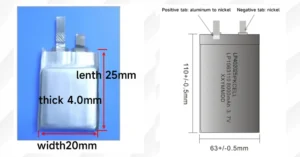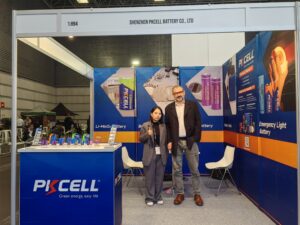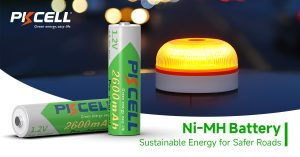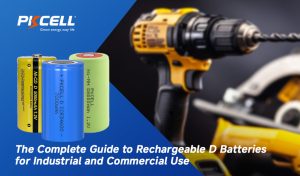Key Highlights
- Rechargeable batteries like NiMH and non-rechargeable batteries like alkaline batteries give you different things to like.
- Alkaline batteries are good for things that do not need a lot of power. NiMH batteries are best for things needing more power because they can be used and recharged.
- It is good to know the features of both kinds of batteries. These features include their voltage, how long they work, and what they do to the environment.
- You should also check if the battery in your device works, how often you use it, and how much money you want to spend.
- Picking the correct battery for your needs can improve performance and make your devices last longer.
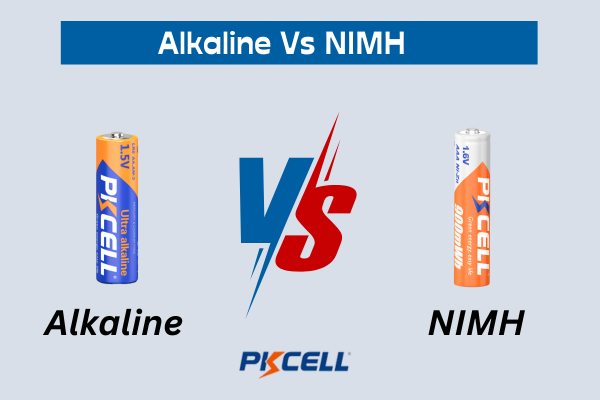
Introduction
Choosing the right batteries can feel hard for some people. When you look at rechargeable batteries like NiMH batteries and single-use alkaline batteries, you need to know the good and bad things about each one. This guide will break down these battery types in a simple way. It will help you pick the best power source for your things.
Understanding Alkaline Battery and NiMH Battery
The words “alkaline” and “NiMH” might sound a bit challenging at first, but the truth is, we encounter these two types of batteries in our everyday lives! While they might look similar, they each have distinct inner workings due to their different chemicals, which influence how effectively they perform in various devices.
To summarize, alkaline batteries are great for gadgets that don’t require much power. On the other hand, NiMH batteries can be recharged and used multiple times. This eco-friendly feature of NiMH batteries not only helps care for our planet but also saves you money, especially if you use devices that demand more power frequently.
The Basics of Alkaline Batteries
Alkaline batteries are disposable or single-use batteries. You can find them in many things in your home. Some of the most popular sizes are AA, AAA, C, and D. These alkaline batteries use something inside called alkaline electrolytes, which is where their name comes from. They work because zinc and manganese dioxide react together inside the battery, generating a steady flow of electricity for your devices.
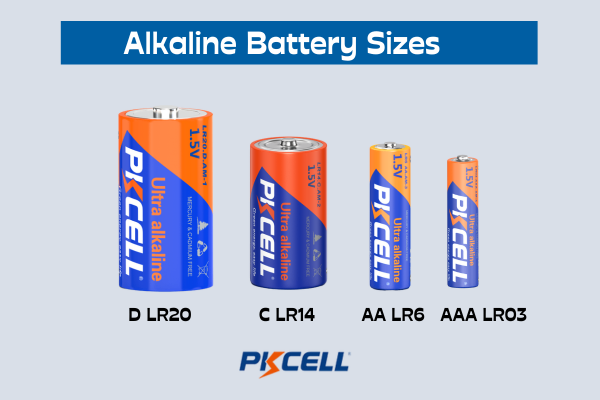
The Basics of NiMH Batteries
Nickel Metal Hydride, also called NiMH, is a type of rechargeable battery. It has electrodes made from nickel metal hydride and uses potassium hydroxide for the electrolyte. Unlike alkaline batteries, NiMH cells can be used again and again. This makes them suitable for the environment, and you can save money. If you want a battery that can last long, try these nickel metal-hydride options instead of regular alkaline batteries.
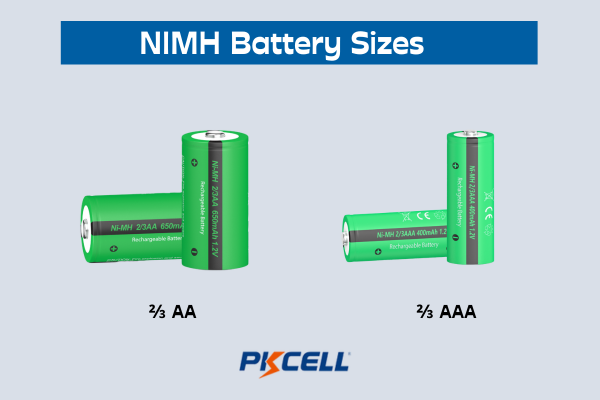
Advantages of Alkaline Batteries
1. Cost-Effectiveness
Many people prefer disposable alkaline batteries because they are cheaper than rechargeable packs. They are ideal for devices used infrequently, like TV remotes or clocks, since they last long and have a lower upfront cost compared to rechargeables. However, savings decrease with high-energy devices that drain batteries quickly, requiring more frequent purchases that can negate any initial savings.
2. Availability and Convenience
Alkaline batteries are widely available at grocery stores, pharmacies, and online, making them ideal for those needing immediate power. They’re easy to use—simply insert them into your device and it works instantly, with no charging required. This convenience makes them perfect for travelers, emergency kits, or urgent power needs.
Advantages of NiMH Batteries
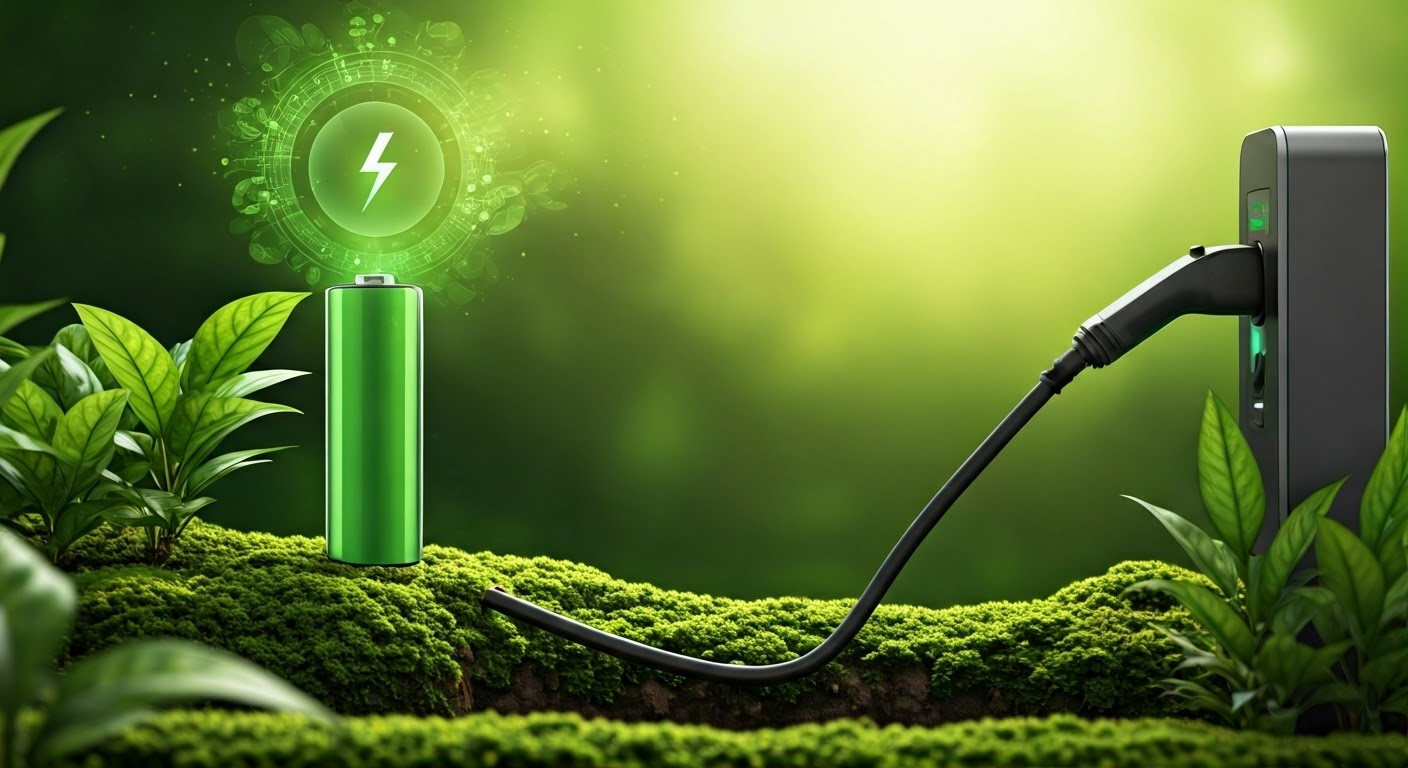
NiMH batteries, or Nickel Metal Hydride batteries, are eco-friendly and ideal for high-power devices. They can be recharged multiple times, reducing waste and saving money. The nickel metal inside enhances device performance and longevity.
They excel in high-energy applications like digital cameras, wireless gaming mice, and hybrid cars. Their long lifespan means infrequent replacements, making them more popular than alkaline batteries.
1. Rechargeability and Economy
NiMH batteries can be easily recharged, unlike disposable ones, allowing for multiple uses and reducing waste. Although initially more expensive, their reusability leads to long-term savings, especially for high-power, frequent-use devices. Continuous purchasing of disposable batteries can become costly.
Technological advances have resulted in low self-discharge for NiMH batteries, meaning they retain charge longer even in storage for weeks or months, making them a reliable choice for lasting power.
2. Environmental Benefits
NiMH batteries benefit the environment. They are rechargeable, reducing electronic waste and saving resources. NiMH is ideal for eco-conscious consumers. The main component of NiMH batteries is nickel metal hydride, which can be recycled. Recycling NiMH batteries recovers valuable metals and minimizes environmental harm.
In contrast, disposable batteries can leak harmful substances. Choosing rechargeable NiMH batteries and participating in battery recycling programs promotes better resource use. These actions can significantly impact our world today.
Disadvantages and Limitations
Both alkaline and NiMH batteries have their advantages and limitations. Understanding these will help you set realistic expectations, allowing for smarter usage of NiMH batteries. Each battery type has its drawbacks, such as voltage drops or discharge issues, which may affect your usage. By knowing the benefits and disadvantages of each type, you can choose the one best suited for your device and usage.
1. Alkaline Battery Limitations
Alkaline batteries are widely used but have several issues. They typically have lower voltage than other types, like rechargeable batteries, which can cause problems for devices requiring specific voltages. Additionally, they can lose charge over time, even when unused, meaning older batteries might fail when needed.
Another concern is the proper disposal of alkaline batteries. They cannot be recharged, contributing to electronic waste. Throwing them in the trash can lead to chemical leakage into landfills, harming the environment. Therefore, it’s crucial to dispose of them responsibly and consider rechargeable options to protect the earth.
2. NiMH Battery Shortcomings
NiMH batteries are a good option for power-hungry devices, but there are some issues. They have a slightly higher voltage than alkaline batteries, which can cause compatibility problems. Ensure your device supports this voltage.
NiMH batteries also have higher internal resistance, leading to quicker power loss, especially in high-energy devices. Consequently, you may need to charge them more often than lithium ones meant for single-use.
Additionally, be aware of the “memory effect,” which occurs when you don’t use the battery’s full power before recharging. This can reduce its energy capacity over time. Although newer models exhibit this less, it’s still present. Proper care, including occasional full discharges, can help extend the lifespan and performance of NiMH batteries.
Choosing Between Alkaline and NIMH Battery
When deciding between alkaline and NiMH batteries, it’s essential to understand how each type works. Both have unique benefits that make them suited for different tasks! NiMH batteries often shine for devices you use frequently, while alkaline batteries can be an excellent fit for items you don’t use as usually.
Knowing the details, like energy density and lifespan, of each battery in various situations will help you confidently choose the best type for your devices!
|
Feature |
NiMH Battery |
Alkaline Battery |
|---|---|---|
|
Energy Density |
Higher (80–100 Wh/kg), more power per size |
Lower (40–60 Wh/kg), less power per size |
|
Capacity (mAh) |
600–3000 (AA) |
2000–3000 (AA) |
|
Lifespan |
Rechargeable, 500–1000 cycles |
Single-use, ~6 months in high-drain devices |
|
Durability |
Maintains voltage longer, better for high-drain |
Voltage drops over time, poor for high-drain |
|
Cost |
Higher upfront, lower long-term |
Cheap upfront, costly over time |
|
Self-Discharge |
High (20–30% per month) |
Low (5–10% over years) |
|
Applications |
Cameras, toys, cordless phones |
Remotes, clocks, low-drain devices |
|
Environmental Impact |
Reusable, less waste |
Disposable, more waste |
In Summary:
- Choose NiMH for high-drain devices (e.g., cameras, gaming controllers) or frequent use, as it’s rechargeable, cost-effective long-term, and maintains performance.
- Choose Alkaline for low-drain devices (e.g., remotes, smoke detectors) or infrequent use, due to low cost, long shelf life, and wide availability.
Conclusion
Alkaline and NiMH batteries have pros and cons. Alkaline batteries are affordable and easily available, but NiMH batteries are reusable and environmentally friendly. Consider energy density and performance when selecting a battery. NiMH batteries are ideal if you want to save money and protect the Earth. However, both batteries serve useful purposes. Pkcell batteries are recognized for their quality and performance. Choose the battery that meets your needs to minimize effort and waste. Always recycle your batteries correctly to benefit the environment.
Why Choose Pkcell?
Pkcell began in 1998. It is one of the top battery makers in China. The company is known for good and new power solutions. Their factory is very big, about 28,000 square meters. A team of more than 50 people works on research and development at this place. They sell good batteries to customers in over 100 countries.
We have many kinds of batteries for you. You can get alkaline, carbon-zinc, button cells, Li-SOCl2, Li-MnO2, and rechargeable NiMH or NiCd batteries. We also sell lithium-ion batteries and battery packs. These batteries are used in several areas. They help in security, medical devices, smart homes, and consumer electronics. Get a quick quote now!
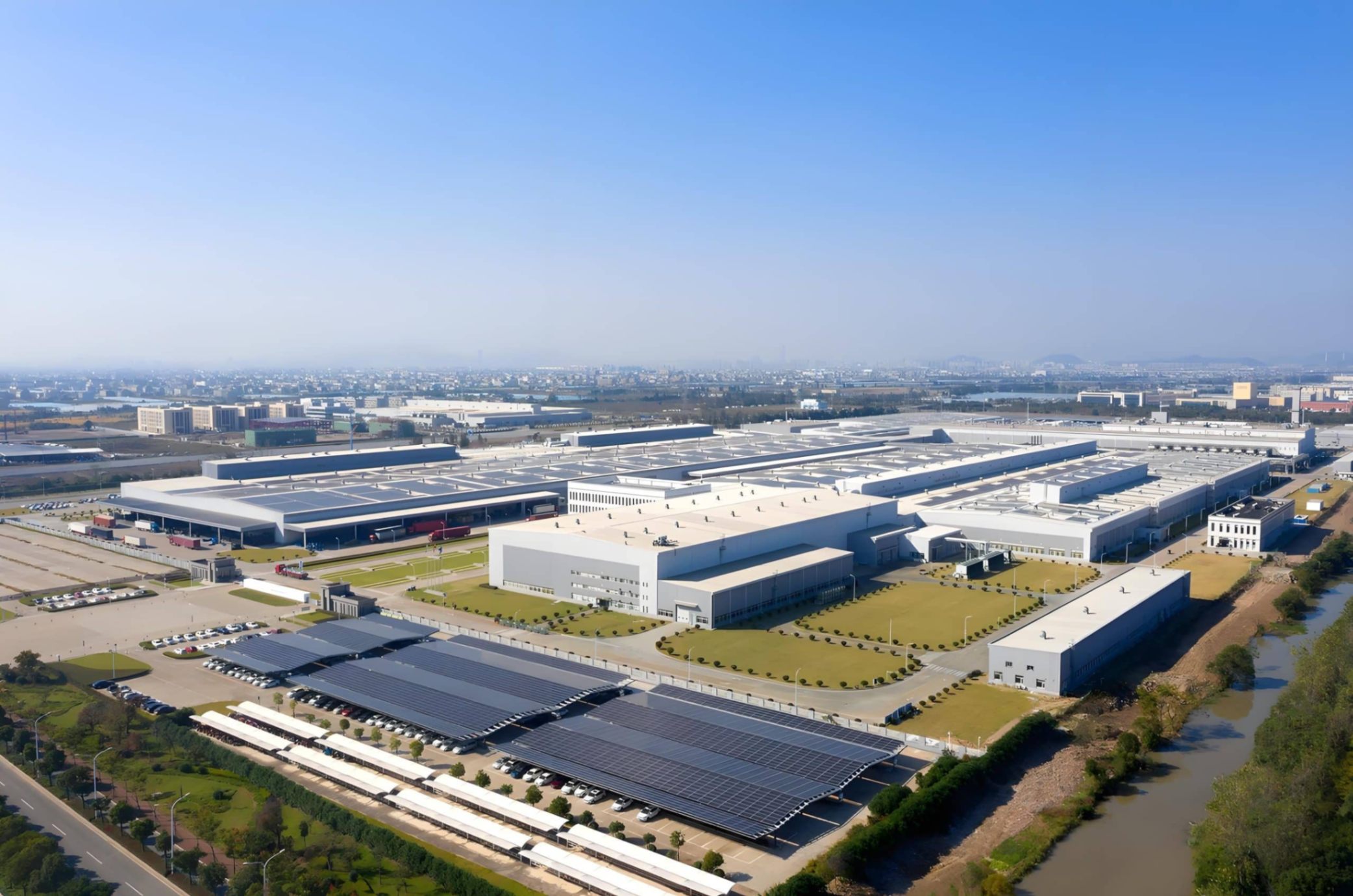
Frequently Asked Questions
Can alkaline and NiMH batteries be used interchangeably?
Alkaline batteries and NiMH batteries may look the same, but you can’t always use them in the same way. They each have a different voltage. Alkaline batteries give off 1.5V, but NiMH batteries only put out 1.2V. This change in voltage can matter for some devices. Also, trying to recharge alkaline batteries is risky and not safe.
How do you properly dispose of or recycle batteries?
- Make sure you dispose of batteries properly. Take them to special drop-off spots or hazardous waste places.
- A lot of stores have recycling programs for batteries.
- Don’t toss batteries in your regular trash. They can leak zinc and manganese, which is bad for the environment.
What devices are best suited for NiMH batteries?
NiMH batteries are good to use in things that need a lot of power or things you use many times. They can be charged again and again. These nimh batteries also have a higher mAh capacity. You can use nimh batteries in digital cameras, wireless gaming mice, remote control toys, and other small electronics. They work well in these devices because of their high mAh.
Is NiMH Battery Better Than Alkaline Battery?
Saying NiMH batteries are better than alkaline batteries is not always true. The choice depends on your needs and device. Both battery types have strengths and work better in different situations.
NiMH batteries suit power-hungry devices and can be recharged. They offer higher energy density, last longer, and potentially save money. They are also environmentally friendly.
Alkaline batteries are cheaper and widely available. They are ideal for low-power usage or when immediate power is needed without charging. However, the benefits of alkaline batteries shouldn’t be overlooked in certain scenarios.

 USB Rechargeable Lithium Battery
USB Rechargeable Lithium Battery
